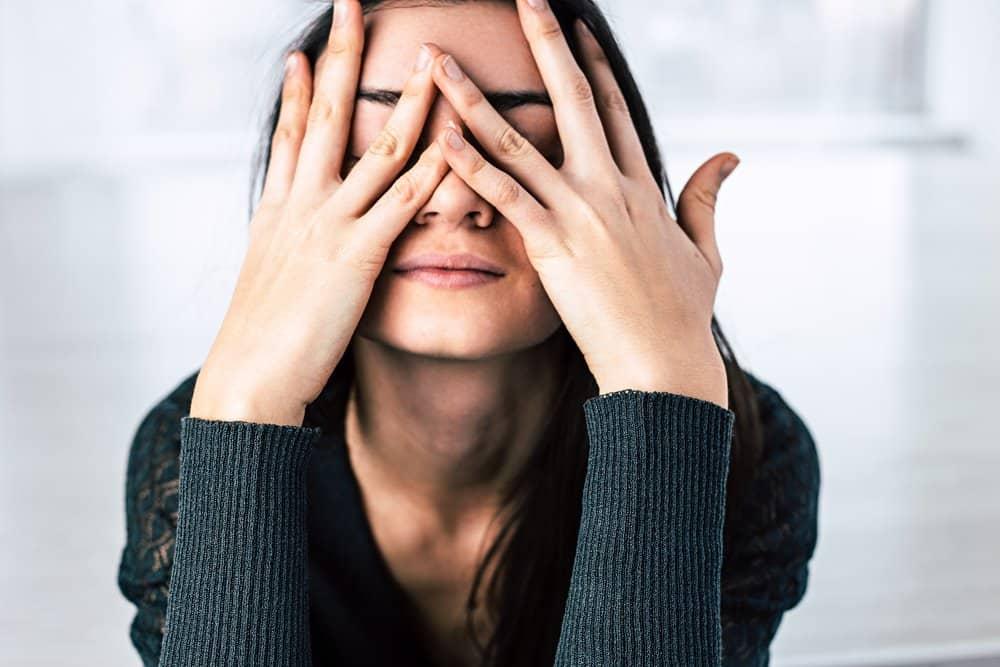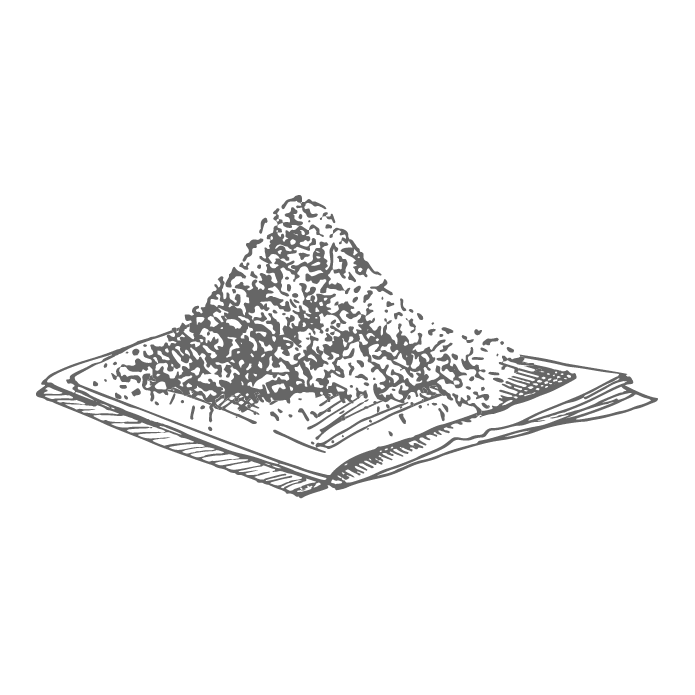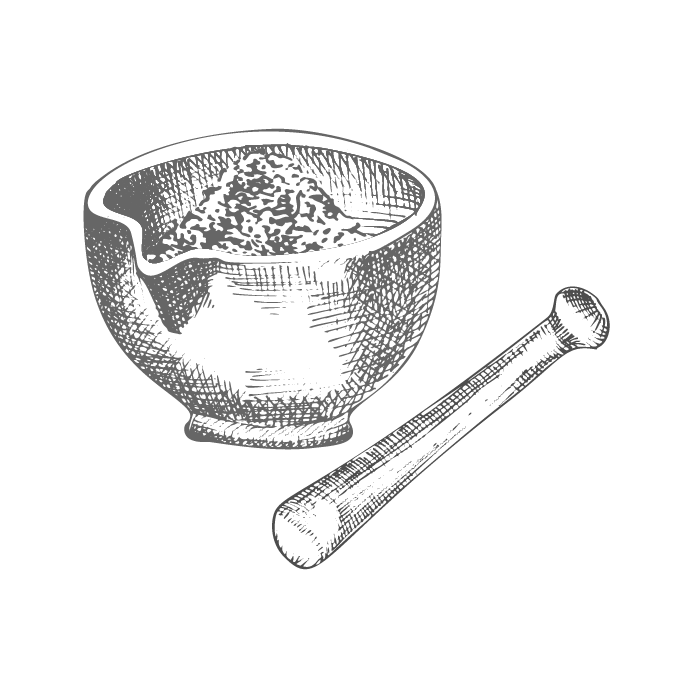
STRESS – in today’s modern society we are constantly bombarded with constant and consistent stressors. In 2019, most adults reported that their stress levels were at a level of 5.1 on a 1-10 scale, with 1 being very low stress and 10 being extremely high. This up from 4.9 in 2016. The world health organization has stated that stress has become a worldwide epidemic and is affecting all the western world.
The adults in the survey also reported that stress has a negative impact on their mental and physical health, yet they did not feel as though they were doing enough to manage their stress.
Stress is a natural physiological factor that is a protective mechanism for our bodies and although it does get a bad name, stress is not always bad. Stress can be beneficial for us in many ways, including driving us forward and increasing our potential and performance when placed under stress.
Stress was designed for our physical body and our brains to be a short-term physiological effect. As soon as the body perceives a “stressor” the adrenal glands pump adrenaline and cortisol into our blood system. The effect of these hormones is to increase our heart rate and breathing and send blood to our muscles as they tighten in response to the stress so that we can run away and “: escape the stress”.
This, in turn, causes other bodily functions such as digestion and reproduction to be put on hold, as blood and energy are needed to go to the heart and muscles so that we may escape from the cause of the stress – think running away from a tiger in cave man days.
Once the stress is removed (i.e. we are safe in our cave, or out of the way of danger), the adrenal glands stop secreting adrenaline and cortisol into the body, and the systemic nervous system is calmed down, which allows for the parasympathetic system to be switched back on – enabling digestive function and sleep functions to be switched back on.
The difference – in today’s society, our body can not differentiate between what is an actual threat type of stress from psychological and emotional stress which we are faced with daily in the western world.
Continued stress, where the nervous system is constantly activated and switched on, can have a severe effect on our physical, emotional and mental health and wellbeing.
Signs that you are stressed can be that you are consistently irritable, angry, tired, and having aches and pains in your body. You may be short-tempered and have issues concentrating and poor memory.
Long term stress, which is typically where it occurs for 6 months or more, has a detrimental effect on our body and can also lead to autoimmune diseases and larger systemic diseases such as cardiovascular disease, diabetes and obesity.
The main symptoms of stress Include:
- depression
- anxiety
- easily upset
- very emotional (e.g. teary, irritable etc)
- insomnia
- vivid dreams and/or nightmares
- lack of energy
- loss of interest in activities
- headaches, stiff neck and shoulder
- increased memory loss and/or inability to focus
- altered bowel movements
- lower libido and/or impotence
- autoimmune diseases
- heart disease
- weight problems – weight loss/ gain
- skin conditions such as eczema, rashes, hives
So, if stress is such an issue, why are people failing to manage their stress?
I see a lot of clients for stress and stress management. Many clients are feeling overwhelmed and at a loss as to how to even handle day to day activities.
In my experience it’s not that they are failing to manage their stress – but more that they know that they need to do something about it, but that they just don’t know what is the right path or where to source help and resources to assist with stress management.
How can Acupuncture and Lifestyle changes assist with stress?
Stress is one of the top reasons people seek acupuncture treatment. Whether it be demands from our job, or personal pressures we place on ourselves, nearly 77% of us admit that we experience the physical symptoms of stress. While work is a major trigger, acupuncture has been proven to lower stress hormones and moderate mood to reduce anxiety and improve overall feelings of happiness.
Acupuncture has been used for many thousands of years and it assists with the symptoms of stress, by moving stuck energy and enabling the energy to flow freely. Your acupuncturist will focus on rebalancing your organs so that energy is flowing freely between all the organs – specifically the Liver and the Gallbladder meridians which oversee the free flow of energy in the body. We will also treat your heart organ – this is to rebalance the heart energy, and this can assist with symptoms of anxiety. We find that stress and anxiety are often seen together, and anxiety is a result of the stress placed upon your nervous system.
Acupuncture can assist with the symptoms of stress, by rebalancing the HP axis within our brain. Acupuncture has also been proven to activate the limbic system of our brain and the brain releases endorphins and serotonin which also helps to reduce stress as well as pain.
Acupuncture has a relaxing effect on the body as it works on the brain, releasing endorphins. These endorphins assist with relaxing the systemic nervous system to enable the system to “calm” down and be regulated. This enables the nervous system flight or fight mode to be “toned down”. There will still be adrenaline and cortisol in the body, but Acupuncture helps to rebalance the nervous system enabling the activation of the parasympathetic nervous system. So, it inhibits the constant feedback loop to the brain – thus rebalancing the HP axis. Acupuncture, as well as rebalancing the nervous system, also assists with many other symptoms that can arise from stress – such as reducing pain, improving your immune system and concentration. Acupuncture is relaxing and gives you some time out and is an act of self-care.
In terms of stress – when we are stressed – stress reduces the immune system, so we can be more prone to colds, flu, viruses and general fatigue as well. Acupuncture enhances the immune system and can assist with decreased immunity as well as assisting with improving sleep.
When we are treating stress and anxiety from a TCM perspective, we like to integrate Acupuncture and Chinese Herbal medicine as the Chinese herbal medicine reinforces the action of acupuncture and gives you continued support in between acupuncture treatments.
We also assist you to find out what your stressors are and will recommend suggested lifestyle changes and dietary changes that will assist your treatment.
General lifestyle changes you can make which will help you include;
- trying to remove the “stressors” from your life, if you can’t – we aim to reduce the effect of the stressor on you.
- Exercise – exercise releases endorphins and gets the blood circulating through the body, which helps with energy, improves sleep and assists the nervous system to function. Exercise includes walking, swimming, weight training, cardio. 30 minutes a day is recommended a day to assist with stress reduction.
- Yoga, Qi gong, Pilates and walking also assist with stress relief as well as strengthening the body, and at the same time, “squeezing” the organs and activating them which assists with healing and rebalancing the body systems.
- Dietary changes – this can be removing food which can enhances the effects of stress on your body and providing you with recipes which are gentle to the digestive system and which will give your body energy.
- Reducing Alcohol, caffeine and cigarettes.
- Trying to maintain a good sleep routine – being in bed by 10pm and asleep by 11pm and waking up and about the same time each morning. Good quality sleep is essential when under stress as it gives your ability to regenerate itself. Sleep deprivation can enhance the effects of stress on the body, and you may find that your irritability, anxiety, depression, body aches and pains are more prevalent and less manageable.
Ways to treat stress naturally –
- Exercise
- Drink lots of water
- Eat clean food
- Drink chamomile tea – it is a sedative on the systemic nervous system and helps to calm down the body.
- Time out – take some time for yourself to do something that you enjoy – this may be running, singing, dancing, reading a book, going to the beach, meditating, catching up with friends.
- Go to the beach – studies have shown that the sounds of the waves act on our brain wave patterns and calms us down. Try and get to the beach, if you can’t play a you tube video of waves crashing – and sit and listen. Let me know how you go!
- Drink herbal teas – I have specifically made 2 teas to aid with stress and anxiety these are the Calming tea and the serenity tea (both help with stress and anxiety) you can add in the sleepy tea as well to aid with a night of good quality sleep.
Acupuncture is used alongside other modalities of treatment such as medication, counselling and psychology. We also actively work with your current health providers to ensure that you are given the best treatment for your situation and health issues.
We always treat the “root cause” of a disease and not just the symptoms. Each person is treated individually based on their intake consult, tongue and pulse diagnosis and a treatment plan is provided at your first appointment.
How many treatments will I need?
The number of treatments and frequency depends on the individual. In general, for stress/anxiety it will be approximately 6-10 treatments and then as maintenance once the stress and anxiety and other issues are improved.
How often will I need treatment?
This is based on the individual and is dependent on the severity of the stress and anxiety. In severe cases it may be required twice a week, for others, once a week for 6 weeks. All of this will be discussed at your first appointment.
It is important that we manage our stress and take time out for ourselves – even if this means taking just 10 mins a day to sit down and have a cup of tea or do 10 mins of meditation a day or just go outside for a walk ( with kids in tow too!)
If you are feeling more irritable, angry, frustrated, lacking energy and having poor concentration, please stop and ask yourself – am I stressed? As this is the bodies way of telling you that you are stressed. If you recognize these symptoms, you can begin to put changes in place.
Stressed, anxious, worried about Christmas coming up? Not enough time in the day? Book a treatment to relax, rejuvenate and reignite your passion for life now!
Written by Dr Julia Bartrop – Acupuncturist and busy mum to 2 little girls.
Julia is a mum to 2 little girls and understands the stress that goes with being a parent. Julia understands the ups and down of motherhood and the stress associated with it, she will assist you by giving you down to earth and practical tips to assist you to manage stress in a way that fits in with your lifestyle and is realistic for your individual circumstances.



